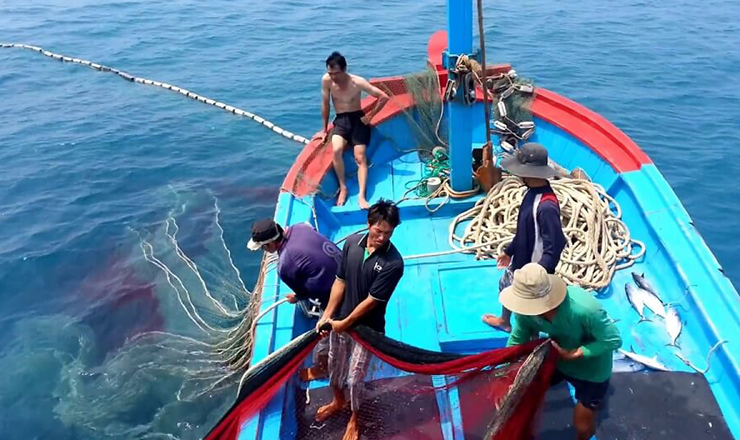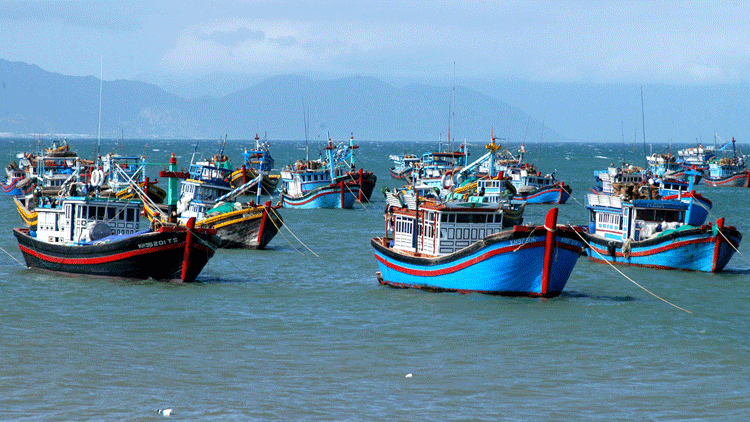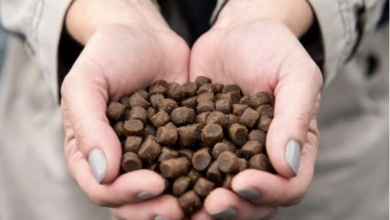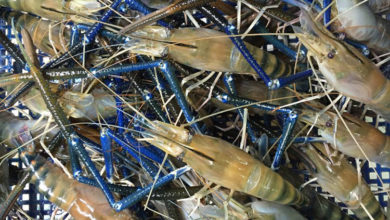Vietnam – Russia: Promoting trade in the fisheries sector
On June 13 in Hanoi, Deputy Minister of Agriculture and Rural Development Tran Thanh Nam met with Gennady Bezdetko, the Ambassador Extraordinary and Plenipotentiary of the Russian Federation to Vietnam.
For the upcoming visit of Russian President Vladimir Putin to Vietnam, the Ministry of Agriculture and Rural Development (MARD) of Vietnam has been collaborating with the Russian Embassy in Vietnam to review and enhance cooperation in the agricultural sector between the two countries.
At the meeting, Deputy Minister Tran Thanh Nam emphasized that in the agricultural trade sector, Vietnam consistently supports and facilitates stronger cooperative relationships between enterprises of both nations. The agricultural cooperation between the two countries has been going well, with agricultural trade turnover doubling in the past five years, currently around $1 billion annually.
The total bilateral trade turnover reached $1.57 billion in the first four months of 2024, a 55.9% increase compared to the same period last year. Vietnam’s exports to Russia in the first four months totaled $762 million, a 49% y-o-y increase. Several export categories showed high growth, notably fisheries products, which reached $59.4 million, up 70.1% y-o-y.
Ambassador Gennady Bezdetko noted that while there is significant potential for cooperation, it has not yet fully leveraged the longstanding friendly relations and comprehensive strategic partnership. “Both sides still face challenges in accessing and opening each other’s import-export markets, which significantly impacts the ability to increase bilateral trade turnover. However, Russian and Vietnamese agricultural products do not compete but rather complement each other, creating favorable conditions for business promotion,” stated Ambassador Bezdetko.
Additionally, he highlighted that the fisheries sector has grown robustly and become a crucial pillar driving trade between the two countries. To date, Russia has recognized 57 Vietnamese seafood processing facilities as meeting food safety standards for export to Russia and the Eurasian Economic Union (EAEU), including 16 pangasius facilities, 12 shrimp facilities, 3 dried product facilities, 3 canned goods facilities, 3 surimi facilities, and 20 general seafood processing facilities.
Currently, 108 Vietnamese seafood processing facilities meet food safety requirements and wish to export to the EAEU (including Russia) and have established partners in this market. Among the facilities previously suspended by the Federal Service for Veterinary and Phytosanitary Surveillance (FSVPS), 6 have completed investigations into the causes, implemented corrective measures, and submitted documentation to the National Agro-Forestry-Fisheries Quality Assurance Department (NAFIQAD) requesting FSVPS to allow them to resume exports, but FSVPS has yet to respond.
To further promote seafood trade between the two countries, Deputy Minister Nam urged Russia to promptly review and recognize additional Vietnamese seafood facilities for export to Russia. Concurrently, MARD hopes that Russia will support technologies for marine aquaculture, contributing to the sustainable development of Vietnam’s fisheries sector and marine economy.
Ambassador Bezdetko acknowledged the requests from MARD and committed to urging specialized agencies to coordinate with the ministry to expedite the matters discussed at the meeting. “Russia is ready to share the latest research and meet Vietnam’s needs,” affirmed Ambassador Bezdetko.
VFM






